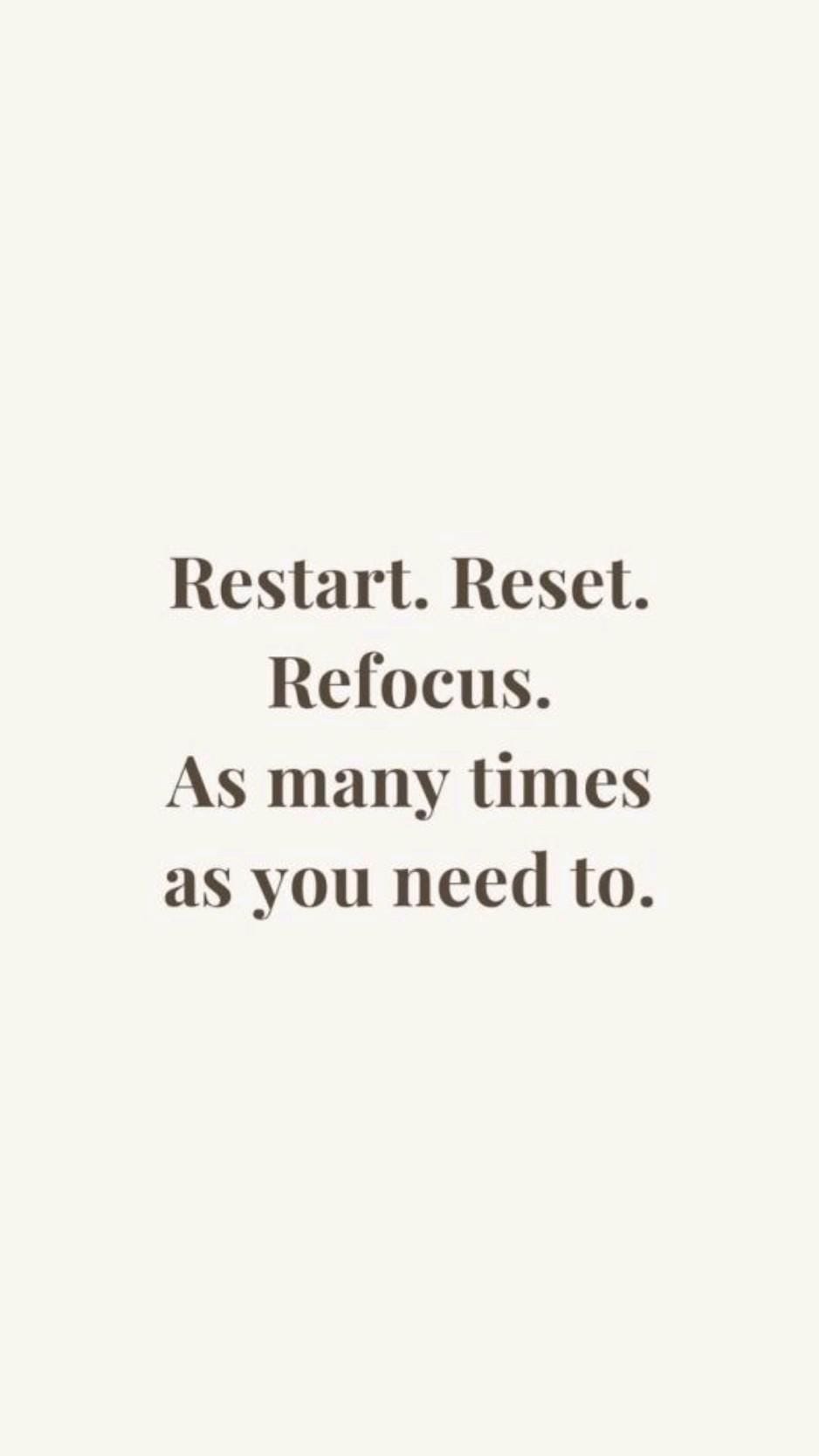Good Morning 😃
How are you doing?
Friday letters are usually dedicated to taking questions from our community. Do you have a question for us? Please feel free to
- send an e-mail to info@themoneyafrica.com; or
- send a DM to any of our social media channels, or
- simply fill out this form. Don’t worry, your responses are kept anonymous.
**
Question
How can I protect myself from financial scams and fraud?
Answer
Protecting yourself from financial scams and fraud is important to safeguard your finances and personal information. Take note of the following ways to help you do so.
- Be cautious of unsolicited phone calls, emails, or text messages asking for personal information or money. Scammers often use these methods to try to obtain sensitive information.
- Verify the authenticity of any communication you receive before responding. Check the contact information and domain name of the sender or caller, and look for red flags like misspellings, grammatical errors, or unusual requests.
- Use strong, unique passwords for all of your financial accounts and enable two-factor authentication when possible.
- Avoid clicking on links or downloading attachments from unknown sources, as these may contain malware that can compromise your personal information.
- Keep your personal information secure by shredding documents containing sensitive information before disposing of them, and only providing personal information to reputable sources that you trust.
- Be wary of “get rich quick” schemes or investment opportunities that promise high returns with little risk. These are often scams designed to trick people out of their money.
***
Question
I find it hard to budget and I always spend more than necessary. What are the basics of creating a budget and sticking to it?
Answer
Creating a budget is an essential step in achieving financial stability and achieving your financial goals. The first step is to Identify your income. Start by identifying all sources of income, including your salary, bonuses, and any other income sources. Next, make a list of all of your expenses, including fixed expenses such as rent, utilities, loan payments and variable expenses such as groceries, dining out and entertainment.
Prioritise your expenses based on your needs and goals. Pay your essential expenses first such as housing, utilities and debt payments before allocating money to discretionary expenses. Discretionary expenses are the expenses that you can choose to spend on non-essential things like entertainment, hobbies, vacations and luxury items. These are not essential to your daily living, and you have the “discretion” or choice to spend or not spend your money on them.
You should also allocate money to your savings goals such as an emergency fund, retirement savings, or a down payment on a home. Set realistic goals for your spending and savings based on your income and expenses. Make sure your goals are achievable and align with your long-term financial objectives.
In addition, keep track of your spending by reviewing your bank statements regularly. This will help you identify areas where you may be overspending and where you can cut back.
In conclusion, your budget is not set in stone, and it is okay to make adjustments as your income and expenses change. Regularly review your budget and make changes as necessary to ensure you are staying on track with your financial goals.
Great news!
MoneyAfrica has started its podcast series.
We launched our first episode yesterday which was titled, “Outlook for 2023”.
You can listen to it on Spotify and also watch it on YouTube.
Thank you for reading Money Africa’s Blog.
Please feel free to share it.
MoneyAfrica premium plan
Are you a mid to high-income earner? Do you find communities a bit too busy? You should sign up for our premium plan.

You can learn more about that here.
***
We often get questions regarding how to plan your finances to align with your relocation plans, especially for students seeking to further their studies. As always, we have heard you, and we have put together an e-book to help you navigate this. Follow this link, to get your FREE copy of the e-book: The Japa Encyclopedia.
***
Get our annual subscription and learn more about investing safely and building a solid portfolio in 2023.
Don’t forget to:
- Join our community, if you want to smash your 2023 financial goals. It takes at least 30 days to build great habits that will last you a lifetime. So why not start now? There is a lot you can achieve.
- If you would like to document your financial journey in 2023, then our journal would be an excellent fit for you. It costs ₦7,500 (excluding delivery).
- Get a budget sheet to track your monthly expenses. Click here
- Get an investment tracker to be on top of all your investments. Click here
MoneyAfrica is a financial literacy platform. Our goal is to make everyone better with their finances.
We do this by engagements via our:
– social media handles
– platforms for paid community members (for adults and students)
– webinar sessions with corporate clients
Would you like to join any of the communities? Please click here
Would you like us to hold a webinar for your company? Please send an email to info@themoneyafrica.com

